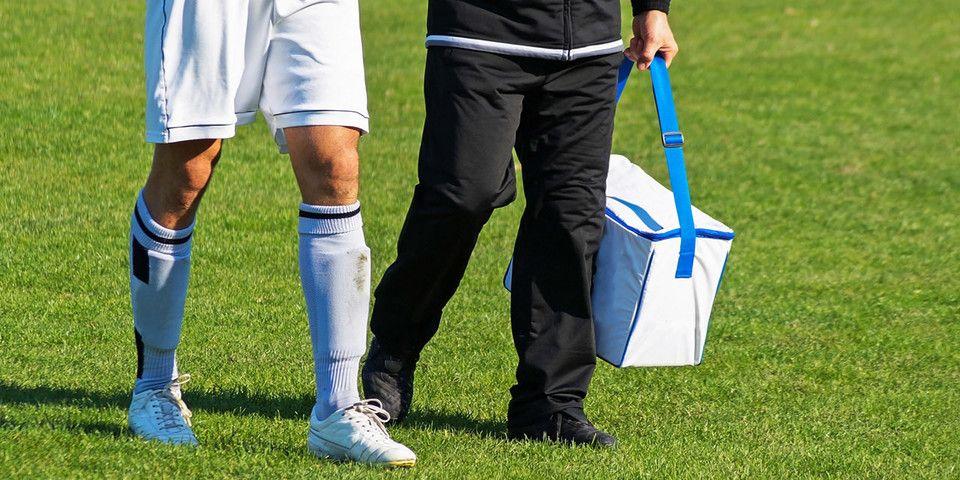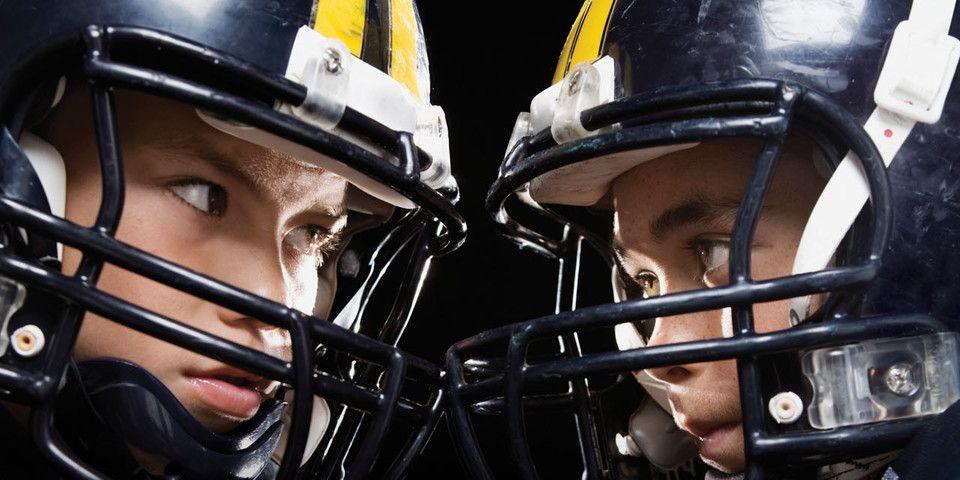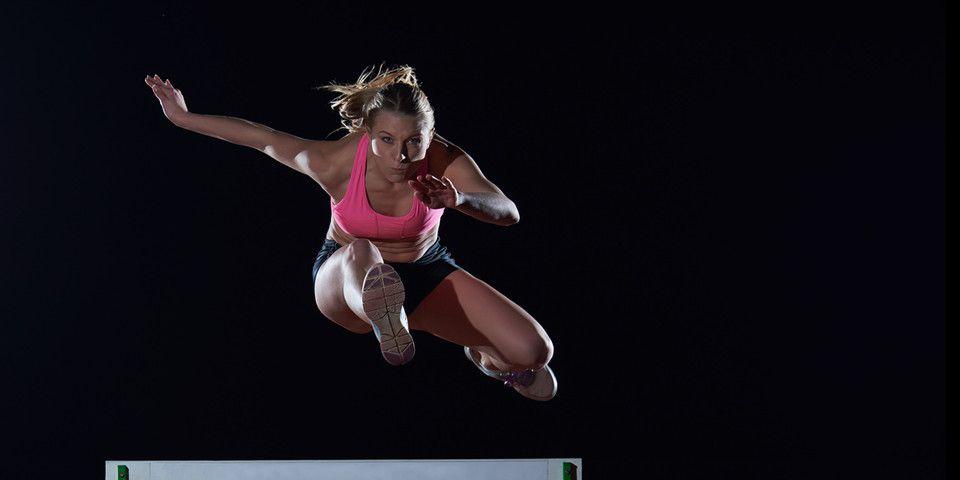Peak Safety: Snowboarding Injuries and Their Prevention
If you plan to hit the slopes this winter, there are some important facts you should know.
It’s that time of year again! Avid snowboarders are gearing up to hit the slopes, hobbyists are planning their day trips, and beginners are gazing wide-eyed at the slopes, wondering if they’ll make it out in one piece. Regardless of your skill level, snowboarding (and its cousin, skiing) can be a fantastic, exhilarating way to get in some exercise, spend time with friends, and enjoy the natural beauty of the season. As we look towards long days of fresh powder, it’s important to remember the very real danger of snowboarding injuries, so that you don’t find yourself sitting in the lodge for the season.
As sports medicine experts, Rothman Orthopaedics physicians see more skiing and snowboarding injuries than we’d like. To help keep you on the slopes and out of the doctor’s office, here are some crucial safety tips for how to prevent snowboarding injuries during your snowy adventures.
Snowboarding Injuries to Watch Out For
It goes without saying that when you’re hurtling down a mountain on a piece of fiberglass-coated wood, there are going to be risks involved for every part of your body. While there are steps you can take to avoid injury, the truth is that sometimes accidents just happen. According to a study in the Western Journal of Medicine, snowboarders are prone to injuries particularly of the wrists, since people tend naturally to reach their arms out to break a fall. The next most common injuries are those of the ankles, sometimes known as snowboarder’s ankle. By contrast, the most common skiing injuries, are to the knees and thumb. While snowboarding injuries and skiing injuries are often different from each other, both sports can lead to concussions and traumatic brain injury.
Preventing Injuries on the Slopes
While all athletic activities come with some risk, there are ways to help keep yourself and your loved ones safe skiing and snowboarding.
Safety and Equipment
Helmets
The most important piece of safety equipment to wear is a helmet. Even if you’re boarding or skiing in an area with minimal trees, falls and collisions with other people on the slopes can result in serious brain injuries. A helmet is your last, best defense against these traumatic, sometimes life threatening injuries.
Braces
For snowboarders, wrist braces are especially important. These help prevent the fractures and sprains that all too often accompany snowboarding tumbles.
Equipment Condition
Making sure your equipment is in good condition and appropriate for your height and weight is crucial for avoiding snowboarding injuries. If you don’t know what to look for in terms of condition and suitability, have an expert help you. Similarly, if you are skiing or snowboarding with any children, an adult should check their equipment before they hit the slopes.
It’s also important to check and recheck equipment throughout the day. If something doesn’t feel right, or you have suffered any sort of impact, take a break and examine your equipment for problems.
Clothing
It might be tempting to layer up in heavy cotton sweatshirts and pants, but experts recommend that you avoid them. Instead, use multiple layers of thin, synthetic fabrics to keep warm and dry. Make sure you have a good set of gloves and boots, and that you keep skin exposure to a minimum.
Physical Conditioning and Best Practices
Stay Aware
As with any high impact or high speed activity, snowboarding requires an acute awareness of your surroundings, as well as of other athletes. Staying aware of both the course and other people skiing and snowboarding around you can help prevent falls and collisions.
Keep Physically Fit
Training during the off season is important for any sport, and snowboarding is no exception. Strength training, aerobic endurance training, and playing sports which require you to pivot at the hips and knees can keep you in shape for skiing and snowboarding. The more physically ready your body is, the less likely you are to sustain snowboarding injuries.
Know Your Limits
Lastly, and possibly most important, is knowing and respecting your own physical limits. Don’t try to tackle courses too advanced for your skill set, even if your more experienced friends assure you that it will be fine. Build up to more difficult courses slowly and methodically, and pay attention to your body’s signals.
Speaking of listening to your body, know when to call it quits for the day. More skiing and snowboarding injuries happen on the last run of the day, when athletes want to ride down “just one more time.” It’s better to miss out on “one last run” than it is to risk injury, and miss out on the rest of the season.
What if it’s too Late?
If you’ve already sustained a skiing or snowboarding injury, the most important thing is to seek treatment and let your body fully recover before returning to the slopes. If you would like more information about snowboarding injuries, or to schedule an appointment, visit us here or contact us at 1-800-321-9999.
Related Specialties
Related Conditions
Related Treatments
Related Programs
-

Athletic Training- Sport Medicine Outreach
Our Field Athletic Trainers provide direct sports medicine care to youth, high school, college and professional athletes. Rothman AT’s provide athletic training services throughout Southeastern PA to interscholastic high schools, colleges, as well as tournaments and special events.Read More -

Sports Concussion Program
Concussion care is a special focus of Rothman's sports medicine program. We've developed the most advanced multi-disciplinary evaluation and treatment techniques based on research done by the concussion specialists here at Rothman Orthopaedic Institute.Read More -

Women’s Sports Medicine Program
The Women’s Sports Medicine Program at the Rothman Orthopaedic Institute is the first of its kind in the Philadelphia metro area and one of only several such programs specializing in the comprehensive care of the female athlete in the country.Read More




